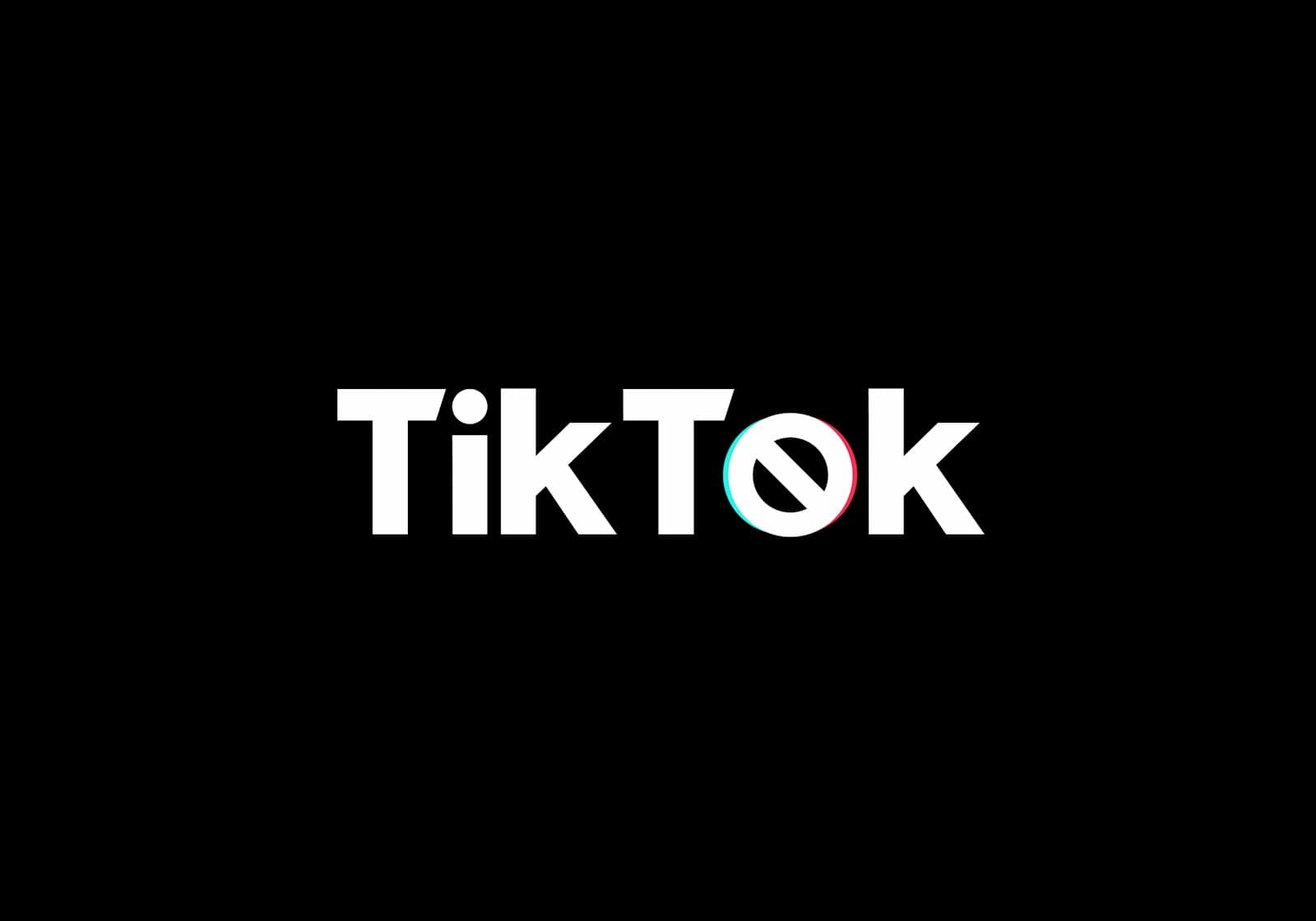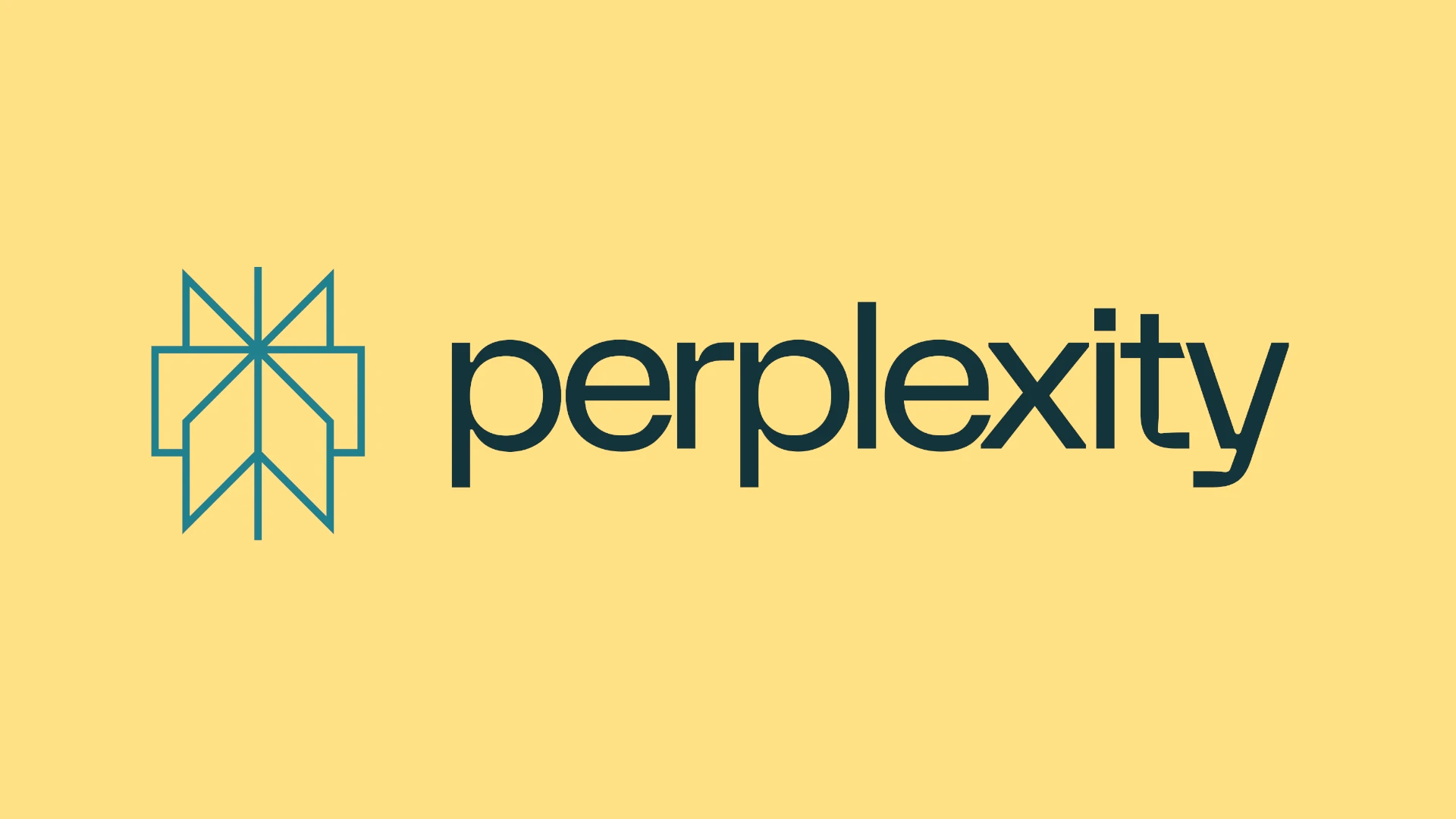Perplexity AI has proposed a merger with TikTok’s U.S. business, offering the U.S. government a 50% stake in the new company. This proposal aims to address regulatory concerns while fulfilling economic interests, in contrast to the forced sale that the U.S. Government has previously sought.
With TikTok under scrutiny for national security reasons, the proposal is currently under review by CFIUS. The outcome of this merger could significantly impact the social media landscape, data privacy, and national security in the U.S.
Understanding the Perplexity AI and TikTok Merger Proposal

What’s Happening with TikTok and Perplexity AI?
Perplexity AI, an artificial intelligence search company, has proposed a significant change to its plan to merge with TikTok’s U.S. operations. The new proposal suggests giving the U.S. government a 50% ownership stake in the merged company. This is a big shift from earlier discussions and comes as the U.S. government keeps a close watch on TikTok due to data security concerns. The Committee on Foreign Investment in the United States (CFIUS) is reviewing this proposal. CFIUS is an interagency committee authorized to review transactions involving foreign investment in the United States that could pose a threat to national security. The concern is that TikTok’s parent company, ByteDance, based in China, could share user data with the Chinese government. This proposed merger could reshape the social media landscape in the U.S.
Why is the U.S. Government Involved?
The U.S. government is concerned about the safety of user data on TikTok. There are worries that the Chinese government could access this data, which includes information on millions of Americans. By taking a 50% stake, the U.S. government would have more control over how TikTok operates in the U.S. and how user data is handled. This move aims to address national security risks while allowing TikTok to continue operating in the country.
How Does This Compare to Other Social Media Platforms?
Unlike other major social media platforms like Facebook (Meta) or X (formerly Twitter), TikTok has faced increased scrutiny due to its Chinese ownership. This proposed merger is an unusual situation. It highlights the unique challenges TikTok faces in the U.S. market. No other major social media company has this level of direct government involvement. This is because no other major social media company is owned by a Chinese company.
What are the Pros and Cons of This Merger?
Pros:
- Increased Data Security: U.S. government involvement could lead to better protection of user data.
- Continued Operation of TikTok: The merger allows TikTok to stay in the U.S. market.
- Addressing National Security Concerns: The deal could ease worries about data sharing with the Chinese government.
Cons:
- Government Influence: Some may worry about the government having too much control over a social media platform.
- Potential Antitrust Issues: The merger could raise questions about competition in the social media market.
- Uncertainty about the Future: The long-term effects of this deal are unclear.
What Happens Next?
The U.S. government will now review Perplexity AI’s proposal. This review will likely involve discussions with both companies and assessments of the potential risks and benefits. There is no set timeline for a decision. The government will need to carefully weigh the implications for data security, national security, and the broader tech industry. The decision rests on whether this proposal adequately addresses the government’s concerns.
Key Details of the Proposal
| Feature | Details |
|---|---|
| Proposed Ownership | U.S. Government: 50%, Perplexity AI and other investors: 50% |
| Reason for Proposal | Address U.S. government concerns about data security and national security |
| Current Status | Under review by the U.S. government |
The Broader Impact on AI and Social Media
This situation also raises important questions about the role of AI in social media. Perplexity AI’s focus on AI-driven search could bring new features and capabilities to TikTok. This could change how people use social media and how content is discovered and shared. The merger could also set a precedent for future deals involving technology companies and government oversight. This merger could also influence how other countries view and regulate foreign ownership of technology companies.
The rise of AI in social media is a trend that is likely to continue. AI algorithms are already used to personalize content feeds, detect harmful content, and target advertising. As AI technology improves, we can expect to see even more innovative uses in social media. This could include AI-powered content creation tools, advanced analytics, and new ways to connect with other users.
Short Summary:
- Perplexity AI proposes a merger with TikTok U.S., giving the U.S. government a 50% ownership stake.
- The new entity, referred to as “NewCo,” will exclude TikTok’s core recommendation algorithm from the deal.
- Initial public offering (IPO) valuations for the new structure are projected to start at around $300 billion.
In a significant move impacting both the tech landscape and U.S.-China relations, Perplexity AI has submitted a revamped merger plan to ByteDance, TikTok’s parent organization. This proposal, detailed in a document reviewed by major news outlets, outlines a strategy to form a new company, termed “NewCo,” that would amalgamate Perplexity AI and TikTok’s U.S. operations. Central to this proposal is a provision that allows the U.S. government to acquire a substantial ownership stake of up to 50% upon the company’s future initial public offering (IPO).
The revised proposal comes as Perplexity AI seeks to navigate the complex regulatory environment surrounding TikTok, especially amid ongoing concerns about user data privacy and the app’s Chinese ownership. According to sources close to the negotiations, the latest proposal builds on earlier discussions and incorporates feedback from the Trump administration, indicating a significant willingness to establish frameworks that satisfy U.S. security concerns while maintaining TikTok as a viable player in the social media market.
Perplexity AI’s document, shared with ByteDance and potential investors, suggests that ByteDance contribute TikTok’s U.S. operations to the new joint venture, omitting its proprietary recommendation algorithm to mitigate data privacy concerns. This strategic move is intended to preserve existing equity stakes for current investors while facilitating new capital inflow necessary for the anticipated growth of NewCo.
“The technology needs to be disconnected from China. There’s absolutely no way that China would ever let us have something like that in China,” stated Steven Mnuchin, former Treasury Secretary, underscoring the vital need for U.S. regulatory compliance within the merger strategy.
The financial framework of the merger would rely on capital from new, third-party investors, marking a departure from traditional acquisition models. This is designed to ensure that ByteDance’s investors receive equity in the new entity while removing some of the complexities associated with direct ownership transfer, thus preserving ByteDance’s overall involvement in the new structure.
Financial Projections and Implications
The successful execution of this merger strategy could alter the financial landscape for TikTok. The projected valuation of NewCo is expected to be “well north of $50 billion,” as highlighted by sources familiar with the discussions. This valuation will largely hinge on which of ByteDance’s current shareholders wish to retain their positions within the new entity versus those who prefer to cash out.
Yet, the path to actualizing this merger may be lengthy and intricate. Industry analysts predict that it could take several months for any transaction between Perplexity AI and ByteDance to be finalized. Nonetheless, there is an palpable urgency, as President Trump has indicated that a decision regarding TikTok’s future could arrive within the next 30 days, especially given the bipartisan law that mandates the app’s sale or closure in the U.S. due to national security concerns.
Historically, President Trump has expressed a firm stance regarding TikTok, suggesting in a recent video that he is committed to working with TikTok executives to reach a solution that ensures the app remains available to American users.
Market Reaction and Competitors
The discussions surrounding Perplexity AI’s proposal come in the aftermath of an escalating competitive environment where various tech giants, including Microsoft, Oracle, and even notable individuals like Elon Musk, are reportedly considering bids or partnerships with TikTok. Trump himself mentioned during a flight from Las Vegas to Miami that numerous substantial investors have shown interest in the application, asserting that any agreement must benefit the United States.
“We have a lot of interest in it, and the United States will be a big beneficiary. I’d only do it if the United States benefits,” Trump stated, reinforcing the administration’s focus on national interests.
This competition for TikTok is not just about acquiring a popular social media platform but also about the significant implications it holds for the broader tech ecosystem in the United States, where generative AI and data privacy continue to be paramount concerns. As companies scramble to adapt to this evolving environment, Perplexity AI’s bid may represent not just a strategic acquisition but an essential step towards reshaping how consumers access information online.
Future of TikTok
The future of TikTok remains uncertain, entwined with the broader political and regulatory climate in the United States. The Biden administration has carried forward discussions initiated by the previous administration, highlighting ongoing fears about potential data breaches and national security risks linked to China.
Under the current proposal by Perplexity, ByteDance can maintain a semblance of control over TikTok while allowing for a drastic restructuring. This would inherently relieve some pressure off ByteDance to entirely divest from a product that has garnered substantial global popularity.
As these discussions gain momentum, ByteDance has yet to offer an official response, leading many to speculate about its position in the negotiations and potential alternatives to the Perplexity merger plan. Market observers remain vigilant, tracking developments closely, as any hint of agreement or rejection could influence investor confidence and TikTok’s perceived value.
While lawmakers and foreign policy experts continue to analyze the risks associated with Chinese tech companies operating within the United States, the ramifications of the Perplexity proposal will be felt by millions of TikTok users and stakeholders in the tech industry alike. Public sentiment towards privacy, ownership, and national security will likely influence how this scenario unfolds as both Perplexity AI and ByteDance navigate the treacherous waters of 21st-century tech diplomacy.







